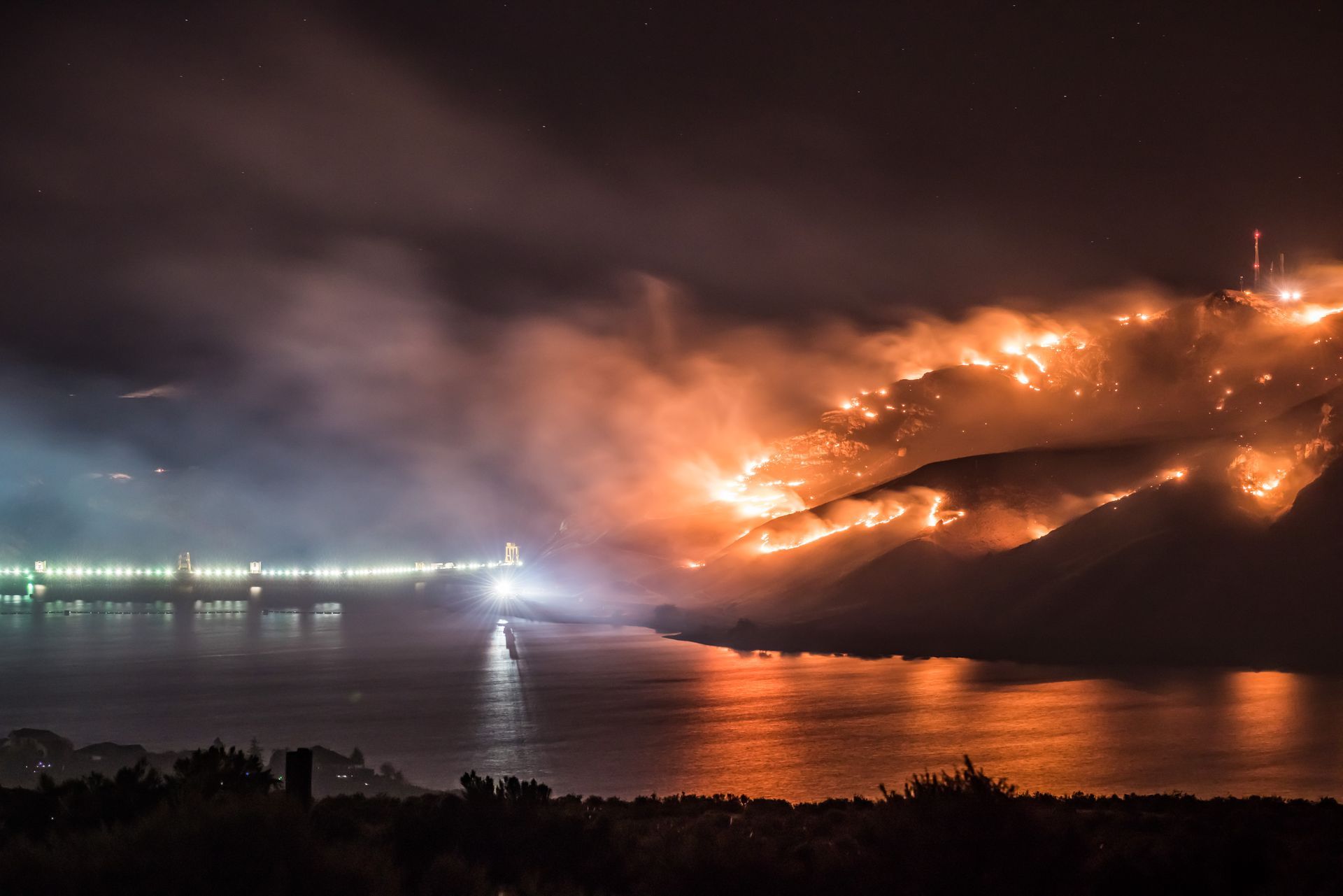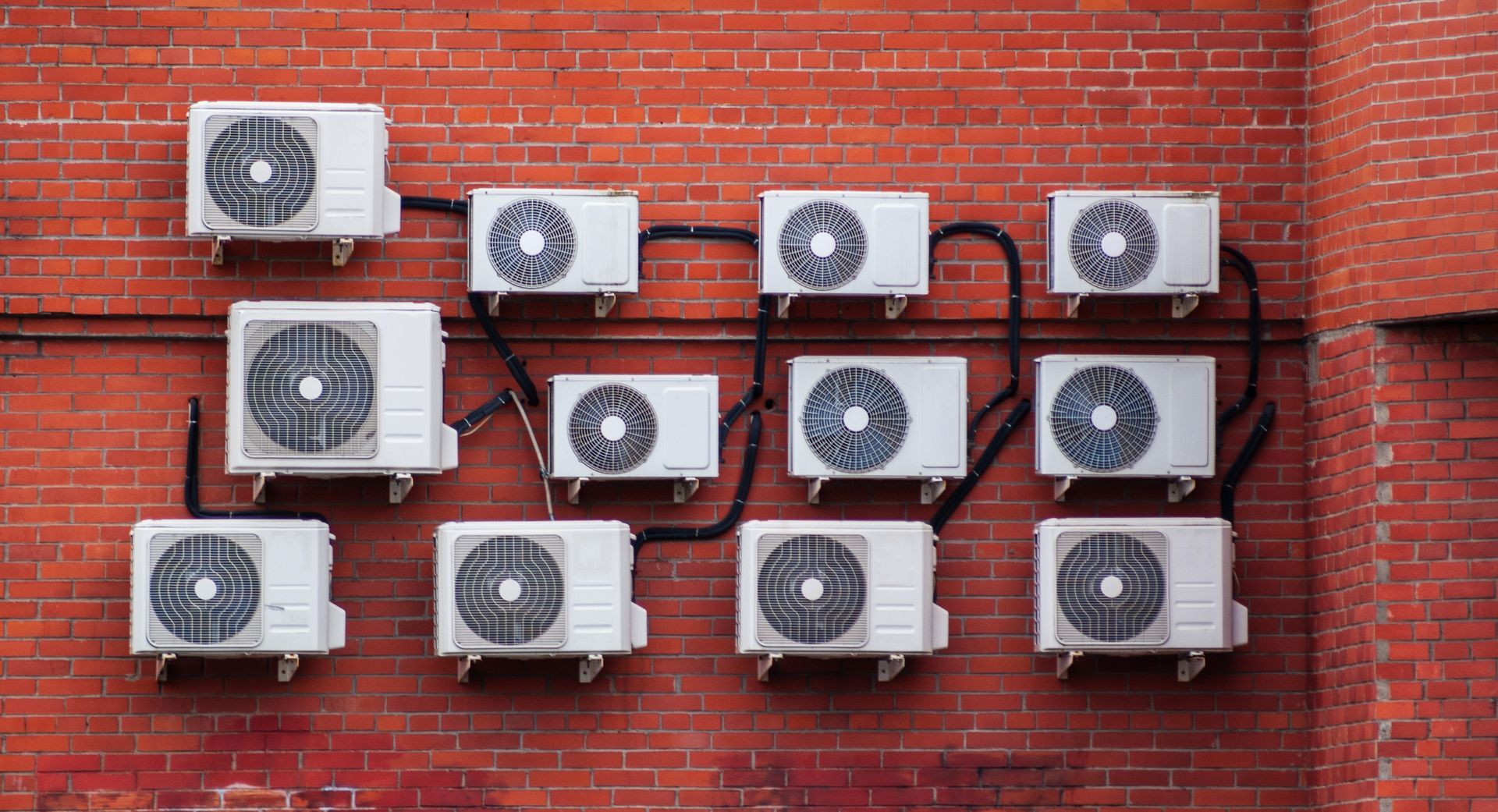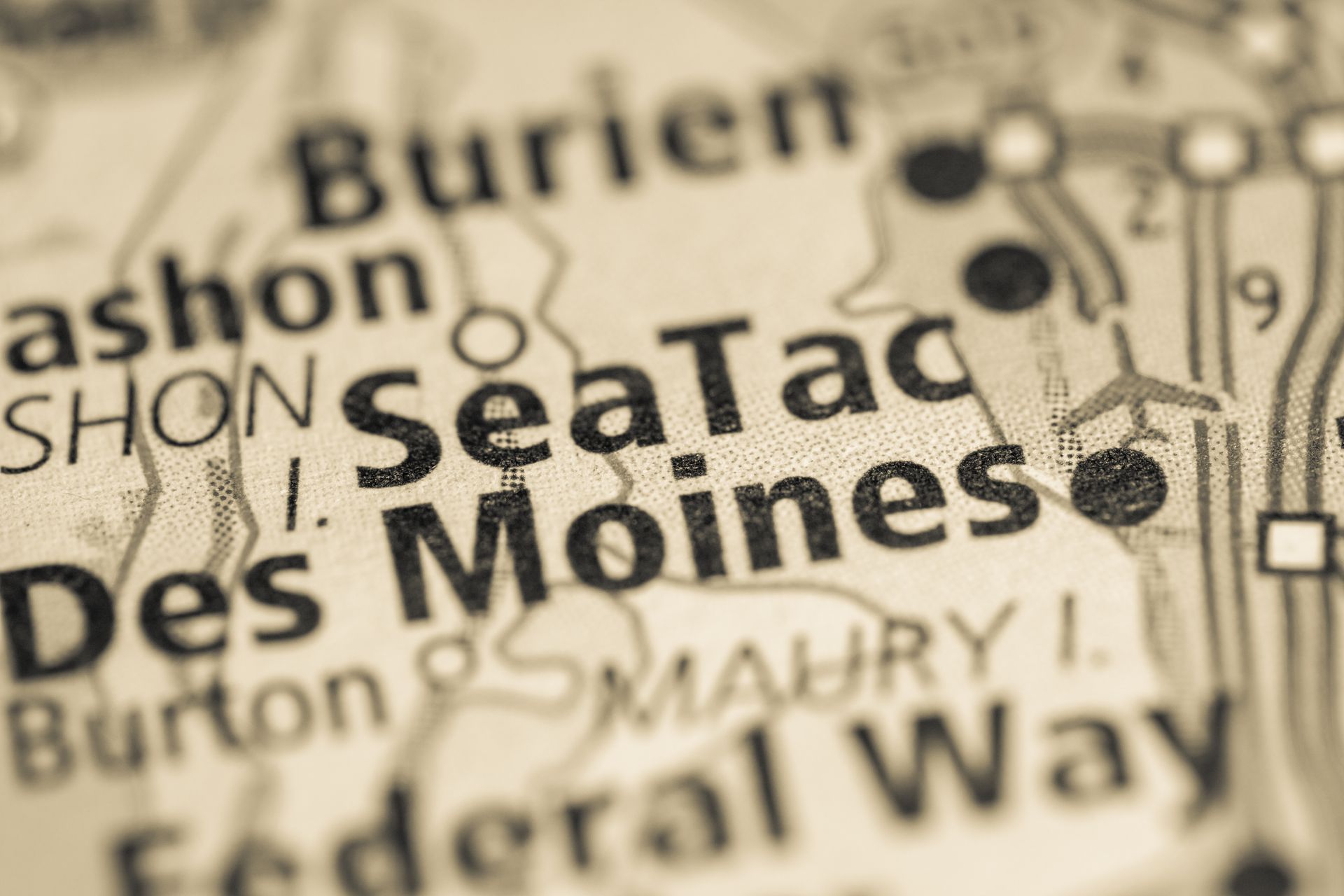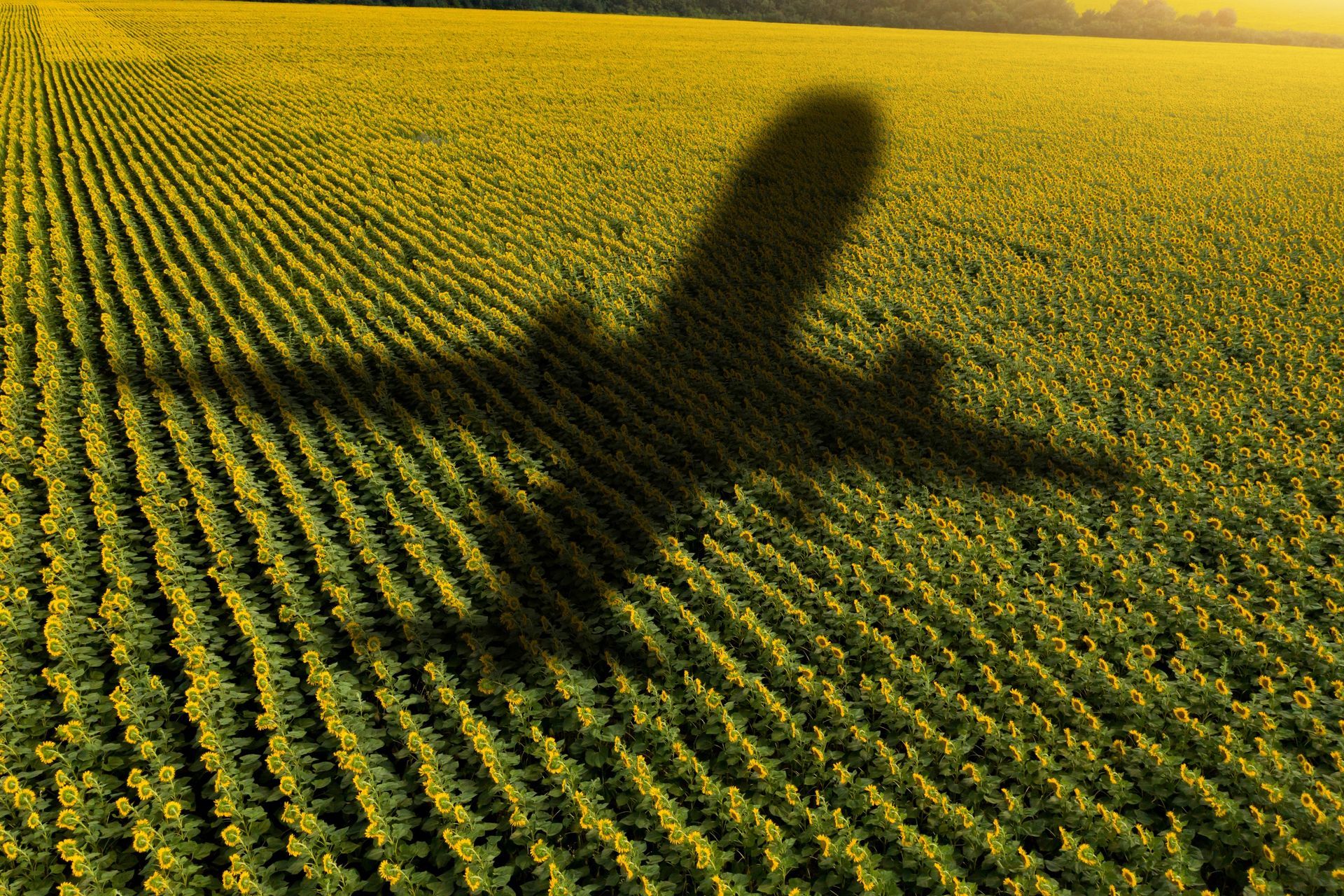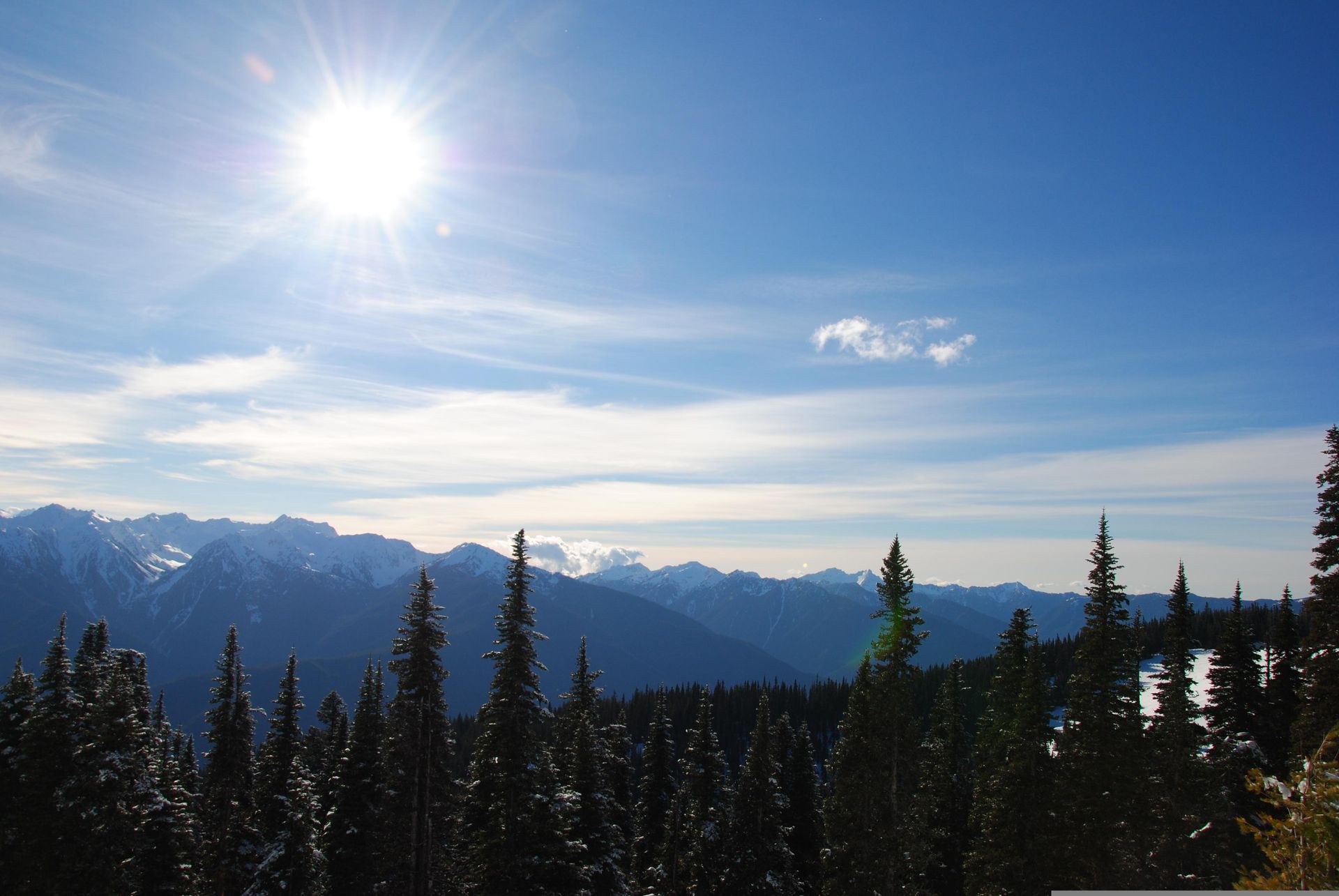East Coast's End Times Just Another Wildfire Year In West
Washington Anxiously Awaits Another Wildfire Season
When heavy smoke from eastern Canada wildfires recently cast a dystopian orangish pall over New York City, you would have thought East Coasters had never heard of wildfires and climate change before.
Washington residents, meanwhile, brushed off the Armageddon references back east, uttering "whiners" and "wimps" under their breath. Wildfire smoke shrouding major metropolitan skylines has become an increasingly common sight out on the "left" coast over the past decade.
Worsening climate change has triggered serious drought conditions combined with record-breaking heat, which provide the perfect fuel for wildfires in Washington and beyond.
May Record Highs Set Stage For Heated Wildfire Season
A recent record-shattering scorcher of a heatwave in the Pacific Northwest and up into Western Canada transported the region into the dog days of summer.
May in Seattle started off with below normal temperatures and above normal rain before temperatures escalated to well over 80 F, highs usually not observed until the end of July.
Spring gave Washington a sneak peek of what forecasters expect summer will look like. High temps and dry conditions, creating "above-normal" fire danger for much of the season.
The 2023 wildfire season, which is expected to last to November, got its official start earlier this month with two brush fires, one in Bellevue in the west and the other in Orondo that spread to 70 acres. A very warm and dry May in which half the usual amount of rain fell, is being blamed for the fires. The state's precipitation total is about six inches less than what it usually is by June.
King and Skagit counties have already implemented burn bans for yard debris and other residential burning with more expected as the summer progresses.
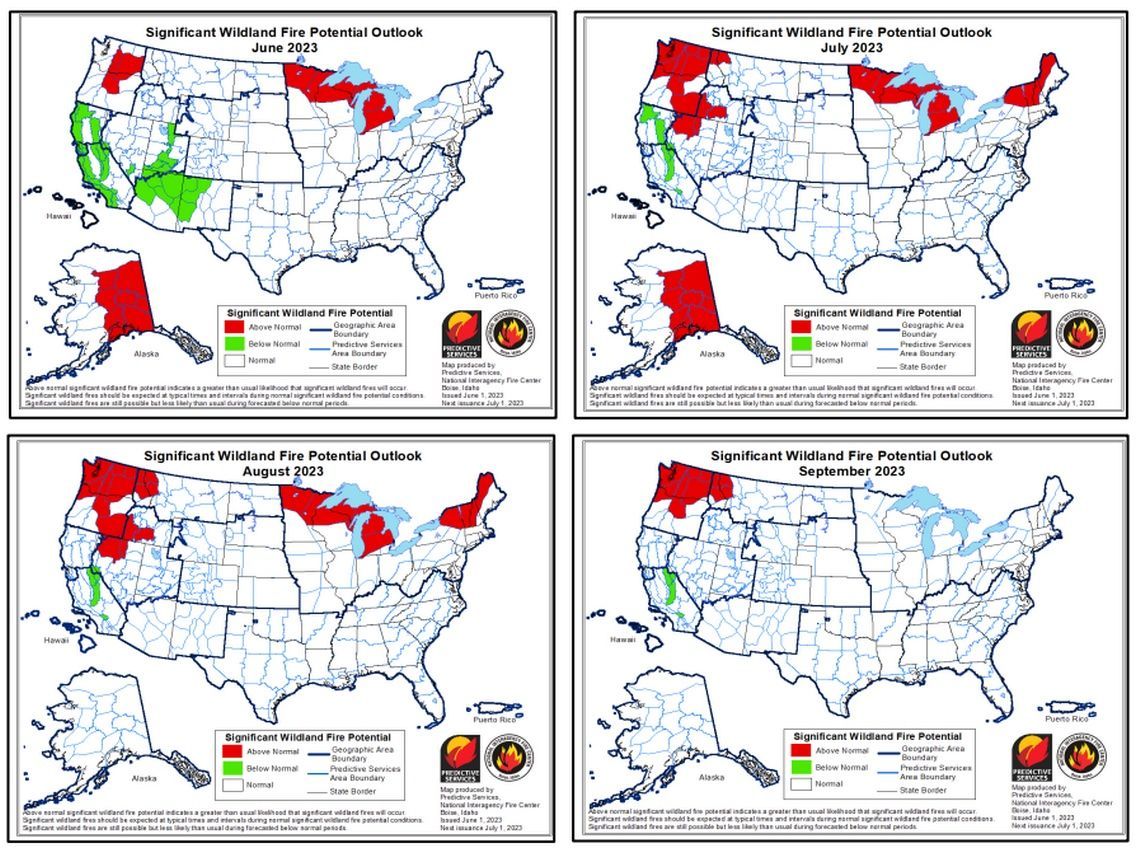
Climate Change Fueling Wildfire Risk In State For Most Of Summer
Warmer than normal temperatures are likely to persist throughout the state in June with less than normal rainfall in the west. Wildfire potential is still expected to be "near normal" for roughly half the state, except for the south central and eastern parts, which are "above normal".
But that'll change by July, when nearly the entire state is expected to be at "elevated" wildfire risk through September at least. One upside is that the state is entering wildfire season with no regions in drought, an improvement from last year.
Nearly 40% of Western Wildfire Activity Tracked To Big Oil, Concrete
As firefighters last month fought off massive wildfires up in Alberta, Canada, the Union of Concerned Scientists produced findings partially blaming the world's largest oil and cement producers for wildfires across the west since 1986.
Scientists concluded that 37% of land scorched in the past four decades or so can be traced to carbon pollution produced by the fossil fuel activities of these top 88 manufacturers. That is equal to 20 million acres, the size of South Carolina.
And that only considers CO2 emissions to produce their products not what is emitted after they are burned by power plants or in planes, ships or motor vehicles.
The conclusions support previous research that directly connects climate change to the burning of fossil fuels.
Tired Of Wildfires? Get Your Car On Sustainable Fuels
Fossil fuel use has put us in the climate change predicament we're in. Fortunately for us in Washington, we have a clean fuel standard (CFS) that helps us break our addiction to Big Oil. The CFS incentivizes producers of greener gas and diesel with credits from producers of dirty fuel. As a result consumers in Washington will see more competition at the fuel pump and lower prices for those who want to take action to fight climate change.
Related Stories:
Wildfire Season Forecast Has Officials Worried About This Summer

